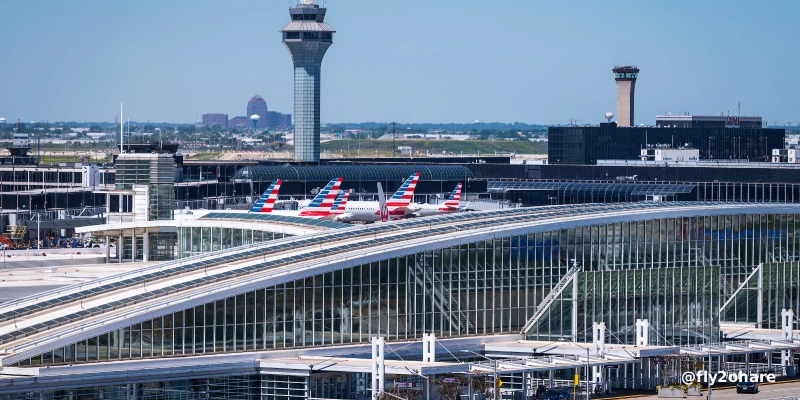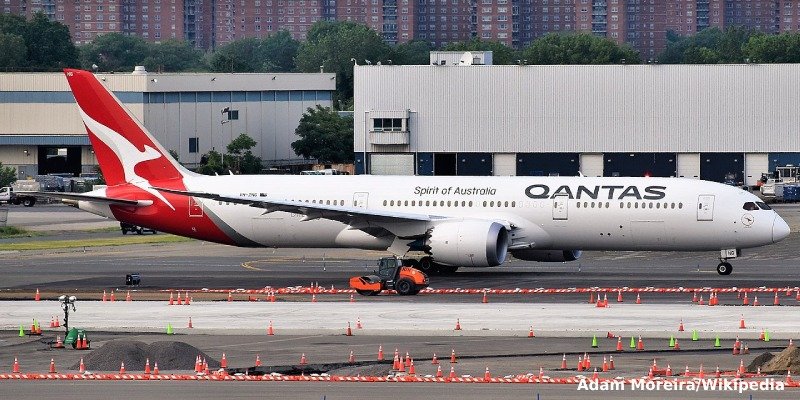Qantas Group announced on Wednesday the closure of its low-cost airline Jetstar Asia, based in Singapore, after more than two decades of operations in Southeast Asia. The decision, made jointly with majority shareholder Westbrook Investments, marks a strategic shift for the Australian group, which aims to focus its resources on more profitable markets and strengthen its fleet renewal program.
Financial and Operational Reasons Behind the Closure
Jetstar Asia has faced growing challenges in recent years. Despite maintaining high standards of customer service and operational reliability, a surge of up to 200% in some supplier costs, combined with high airport fees and fierce regional competition, has significantly impacted its profitability.
The airline expects to report an underlying EBIT loss of 35 million Australian dollars for the current fiscal year. In the second half alone, losses reached 25 million, highlighting the financial deterioration that prompted this decision.
→ American Airlines and Qantas Announce Additional Flights Between the U.S. and Australia
Closure Timeline and Affected Operations
Jetstar Asia will continue operations for an additional seven weeks on a reduced schedule, with its final flight scheduled for July 31, 2025. The closure only affects intra-Asian routes operated from Singapore. Jetstar Airways’ operations in Australia, New Zealand, and Japan remain unchanged, as do its flights to Asia, including key destinations such as Thailand, Indonesia, Vietnam, Japan, South Korea, and Singapore itself.
Commitment to Customers and Employees
Passengers with canceled flights will receive full refunds, and the group will work to rebook them on other airlines when possible. For staff, Qantas will offer severance packages, job relocation support, and explore opportunities within the group and with other regional airlines.
Vanessa Hudson, CEO of Qantas Group, stated: “Jetstar Asia has been a pioneering force in Asian aviation for over 20 years, bringing air travel closer to millions in Southeast Asia.” She also thanked the entire Jetstar Asia team for their dedication and legacy in the region.
Fleet Reallocation and Focus on Renewal
With the closure, Qantas will free up to 500 million Australian dollars in fleet capital, resources that will be reinvested in core businesses and strategic renewal. Jetstar Asia’s 13 Airbus A320 aircraft will be progressively redistributed across Australia and New Zealand, creating over 100 local jobs and replacing leased aircraft to reduce costs. Some will be allocated to Qantas’ regional operations serving the mining sector in Western Australia.
This move is part of the group’s most ambitious fleet renewal program in its history, which includes nearly 200 firm aircraft orders, the arrival of the first Airbus A321XLR this month, and the debut of the A350-1000ULR for Project Sunrise in 2026.
Related Topics
FAA Proposes Flight Reductions at Chicago O’Hare to Avert Summer Operational Collapse
Qantas announces new route: Sydney and Las Vegas to be Connected for First Time via Direct Flights
FAA Issues Airworthiness Directive for Boeing 737 MAX Due to Risk of Excessive Cabin Temperatures
American Airlines Invests US$1 Billion to Transform Concourse D at Miami International Airport

Un apasionado por la aviación, Fundador y CEO de Aviación al Día.




